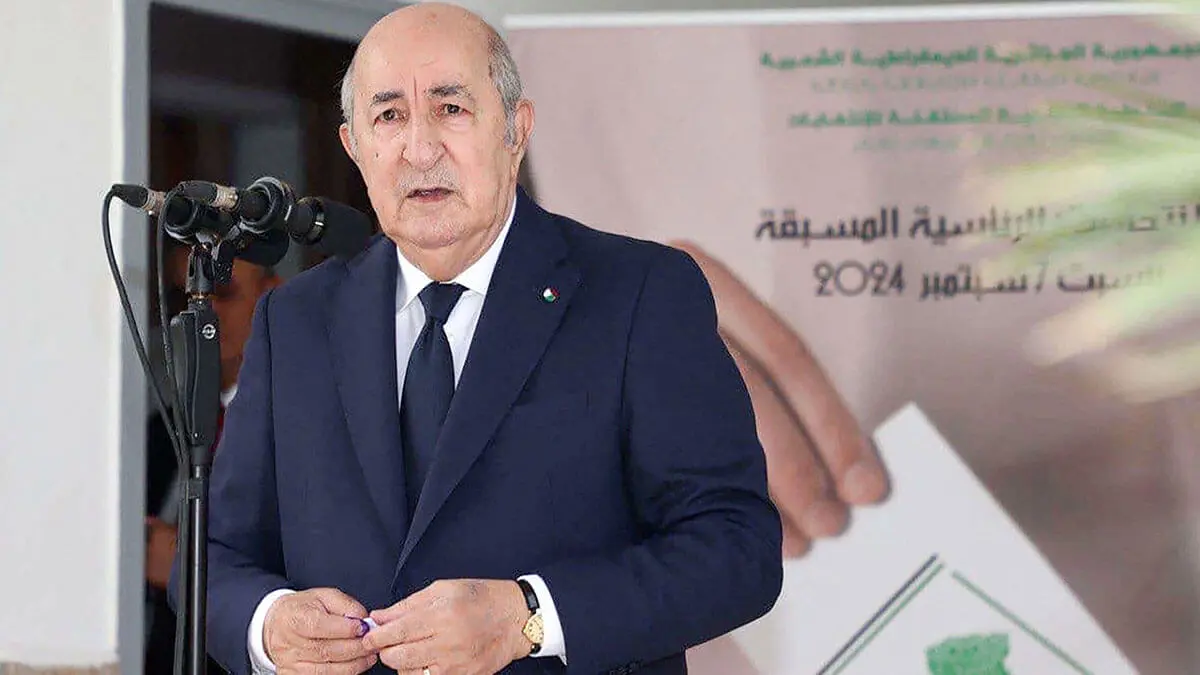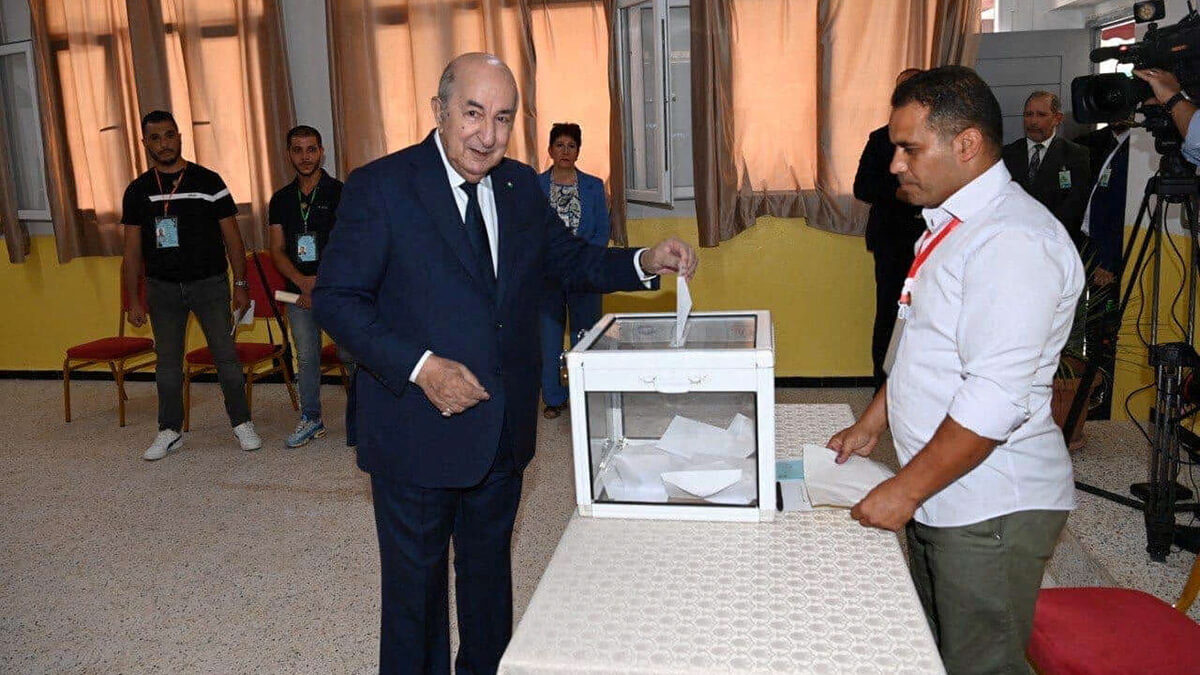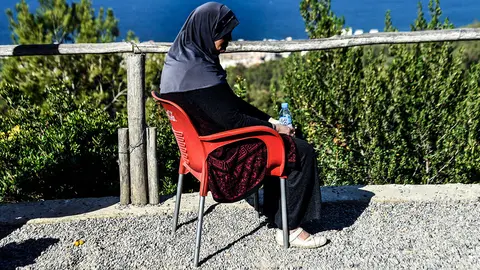Tebboune's promises clash with Algeria's economic instability

Abdelmadjid Tebboune, president of Algeria, is being singled out by the Algerian population after the failure of his promises, as they clash with the country's economic reality.
The reproaches centre on the government's inability to reduce the increase in inflation, the scarcity of resources and the power cuts that have not stopped since the Algerian president was re-elected five months ago.

The Algerian population is harshly criticising the failure to fulfil promises, pointing out that the president relies more and more on external advisers than on his own ministers. According to the sources consulted by the Al-Arab media, these events are causing a serious loss of stability and decision-making power in the government.
However, it is the methods used by Tebboune that have been the final straw for Algerian society, which is seeing how some of the measures announced by the president either have no effect or are not finally approved.

The last straw has been the recent dismissals of the Minister of Finance, Laziz Faid, and the Minister of the Pharmaceutical Industry, Fouad Hajji, barely three months after their appointment. Abdelkrim Boulazard has been appointed as Minister of Finance and Wassim Gwaidri as the new Minister of the Pharmaceutical Industry.
No clear explanation has been given for these dismissals and they have given rise to speculation, since the Algerian Presidency has justified the dismissals as ‘serious errors’.
Part of the suspicion that would justify the dismissals is the lack of implementation of a subsidy for travel abroad, which the government had promised to increase, but whose implementation has stalled due to the financial problems the country is going through.

This travel assistance, which until now has been 95 euros, would increase to 750 euros for adults, 300 euros for young people and 1,000 euros for pilgrims; however, these measures are not viable because the country cannot afford them; and, even if they could be implemented, they would cost around 4 billion dollars, an impossible figure to assume in the current economic situation in Algeria.
In addition to the problem of travel subsidies, Laziz Faid was in charge of leading the negotiations with his European Union counterparts to revise the association agreement according to the ‘win-win’ principle, as recorded at the last meeting of the cabinet chaired by Tebboune.









